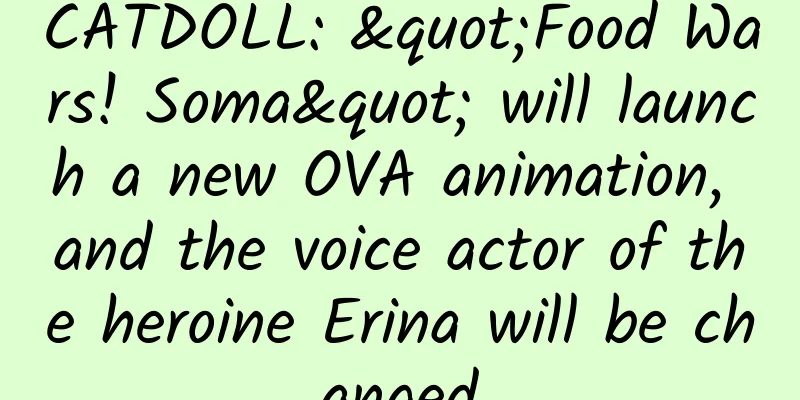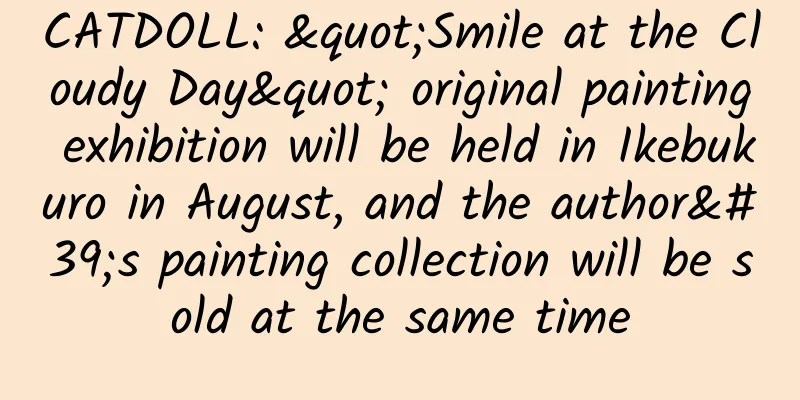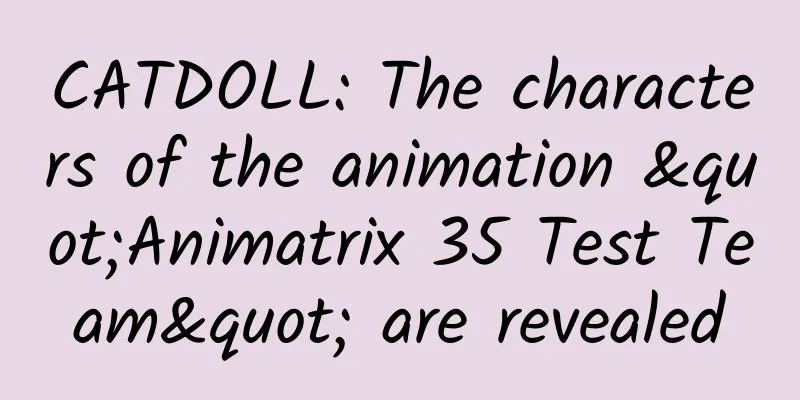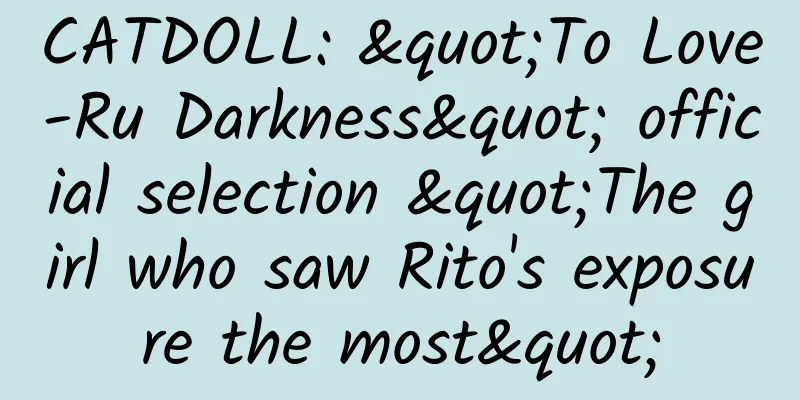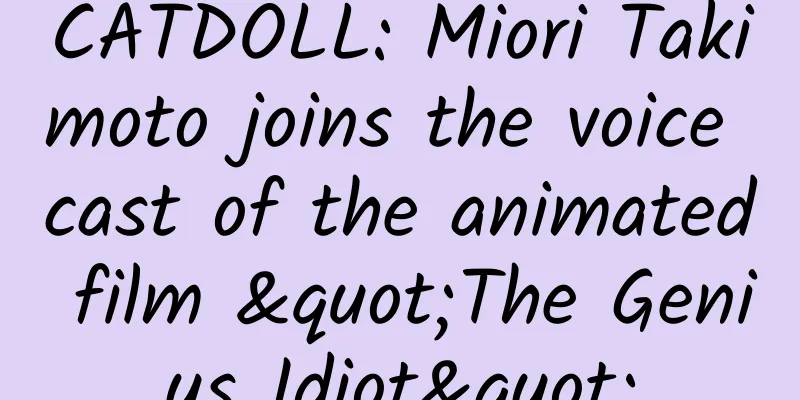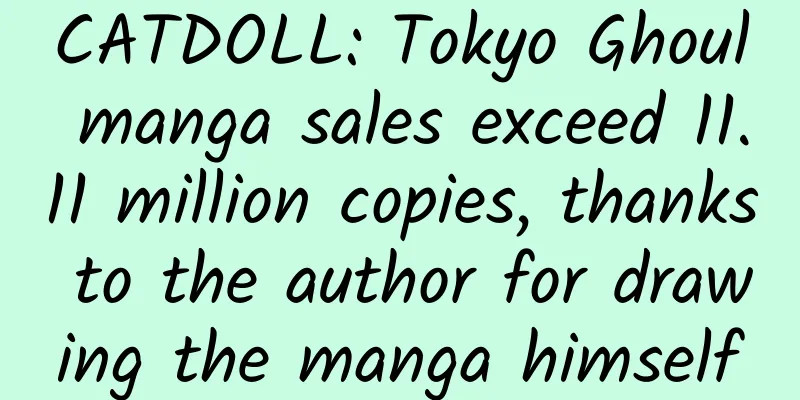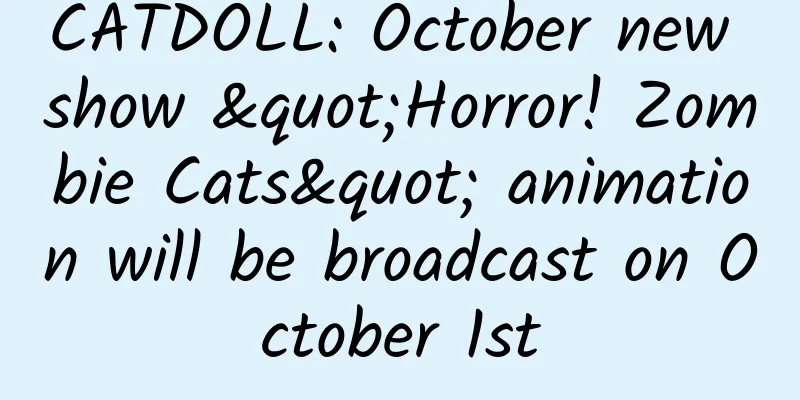CATDOLL: Cartoonist Tatsuya Egawa criticizes Hayao Miyazaki's animations for possibly inducing crime
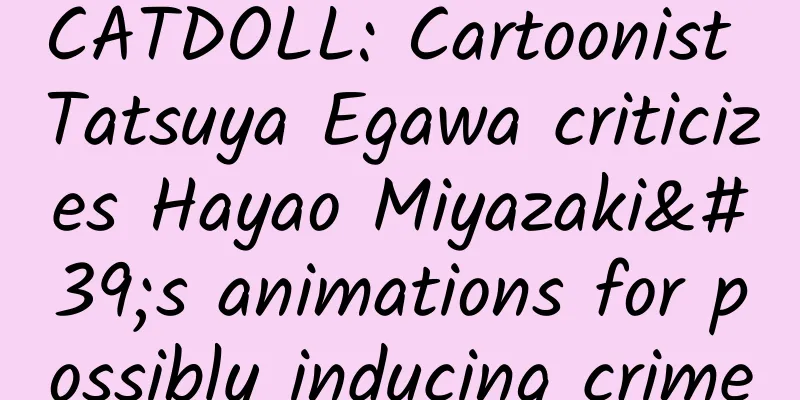
|
The Japanese animation industry has been in a mess recently, and the more masters there are, the more likely they are to be criticized. Tatsuya Egawa, a cartoonist who has created popular works such as "Tokyo University Story", "Pixnet", and "GOLDEN BOY", has his own experience in creation. Now, seeing a large number of entertainment-oriented works flooding the market, he proposed the view that more attention should be paid to educational significance, and even pointed out that even Hayao Miyazaki's animations have the hidden danger of instigating viewers to commit crimes. Now, let's take a look at his commentary.
I often hear people say, "It's so fun to watch this movie. Let's forget about reality and act like fools today." This sentence probably reflects the entertainment function of movies. But some people also said: "After listening to this, I realized that in order to survive in reality, people need to analyze facts or difficulties, consider solutions and take action. This is the mentality of finding ways to survive." Being able to say this shows that the movie is also educational. However, in my opinion, education and entertainment are completely opposite. Education is something that involves facing reality and making efforts, while entertainment is something that involves escaping reality and promoting enjoyment. Yes, education is about "facing" and entertainment is about "escaping". Therefore, the work may receive completely opposite evaluations depending on its educational significance or entertainment perspective. To give a simple example, "Weekly Shonen Jump", Hayao Miyazaki's animation (not Takahata Isao's animation), Disneyland, "Doraemon" that entered Hollywood, high-rated TV series, popular novels, etc., these are all entertainment masterpieces that are well known to the audience.
Take comics for example. They have the potential to develop in the direction of education, but due to the common misunderstanding that "it must be entertainment", they have become entertainment-oriented and are about to reach the end of their rope. Not only comics, but the entire society is filled with an atmosphere of entertainment supremacy. For the author who prefers educational works, this is a sad reality. Compared with education, entertainment is like alcohol, cigarettes and drugs, which are addictions that constantly escape reality and make the mind sluggish. "No, no, no, entertainment is the icing on the cake of life." Some people may say such a rebuttal. However, I don't think so. The so-called themes in entertainment works are nothing more than excuses to eliminate the guilt after indulging desires and being condemned by conscience. The producers took excuses as the theme (righteousness), claiming that "this is what they want to tell", and excitedly produced works full of kidnapping of young girls, extortion, pornography, and mass murder, destruction and desire for struggle. This is a manifestation of escaping reality in the name of justice and indulging desires. People who watch (or read) the work are unaware of it, and while they are amplifying their desire to escape reality, they are intoxicated by the wine of justice, which makes the work popular. In addition, there are some straightforward producers (quite self-conscious) who use slogans or prompts such as "This work allows people to fully enjoy that kind of fun" to attract attention. But such undisguised works are not very popular, because they are embarrassing to read. As expected, obscure stories are easier to accept. Moreover, works with "deeper connotations" that the producers themselves are not aware of are more easily accepted than the audience. This mentality is similar to the psychological structure of criminals who do not blame themselves. It can be an excuse to indulge desires without any guilt, and it can also be the root of the pleasure of committing crimes. So, to some extent, Hayao Miyazaki's animations are also stirring the hearts of criminals. I think Takahata has the brain to see the "evil" side of Miyazaki's animations. I once heard a rumor that Takahata criticized Miyazaki for something a long time ago, and Miyazaki stopped communicating with Takahata after that. But Miyazaki now said that he continued to make animations because he wanted to get the approval of Takahata, who is no longer communicating with him. This sounds like a good thing. Some people must think so. But is it really a good thing? To sum up, my views are all about analyzing entertainment works from an educational perspective. From an educational perspective, the more popular an entertainment work is, the more "unqualified" it is. This is because the value orientations of education and entertainment are completely opposite. The above is the basis of all my views. The author only stated the conclusion drawn from the analysis of that theoretical system, and different theoretical systems should produce different answers. Although the author can accept other theories, I always feel that they are not convincing. So if a producer with experience in both education and entertainment has a different perspective, I'd love to hear his thoughts. But at least so far, I don’t know anyone who holds both views and lives in both worlds. |
<<: CATDOLL: "My Teen Romantic Comedy Is Wrong As Expected" Episode 7 Advance Picture
Recommend
CATDOLL: Netizens commented that Tsumugi's voice in "Innocence and Lightning" is too artificial and unacceptable
The animation "Innocence and Lightning"...
CATDOLL: The movie "Parasyte" had a dismal box office in China, and too many cuts were a major flaw
The live-action movie "Parasyte", adapt...
CATDOLL: April's new anime "Bakuon!" adds voice actress Nao Touyama to help out
The official website of the new anime "Bakuo...
CATDOLL: January series "Space Detective elDLIVE" additional characters and villains appear
The animation adapted from the new work of Amano ...
CATDOLL: Japanese magazine denounces fans of "Osomatsu" and calls them "pig feed used to flatter rotten girls"
Since the premiere of "Osomatsu" in Oct...
CATDOLL: "Dragon Ball Z: Resurrection of F" releases character design pictures, fighting against the weak Frieza and violent transformation
The much-anticipated latest Dragon Ball theatrica...
CATDOLL: Japanese netizens voted for the most anticipated new summer series, and the results are convincing
The 2016 summer new series is getting closer and ...
CATDOLL: Daily comedy "Himu-chan: Umaru-chan" to be aired in July 2015
The animation of "Himuko Umaru-chan" wa...
CATDOLL: The first PV of the new April 2016 series "Twin Stars Onmyoji" is released
The first promotional PV of the new April 2016 an...
CATDOLL: The international version of "Angry Birds" previews the angry red bird that captures the green pig city
The animated film "Angry Birds", adapte...
CATDOLL: "Bad Boy and Glasses Girl" special animation voice actor announced Hikasa Yoko
The April animation "Yamada-kun and the 7 Wi...
CATDOLL: January new show "KonoSuba: God's Blessing on This Wonderful World" second promotional PV released
The TV animation "KonoSuba: God's Blessi...
CATDOLL: The special video of the live-action movie version of "My Tale" is released, and a handsome man appears
The live-action movie of the April anime "My...
CATDOLL: The 21st volume of the novel "Zero no Tsukaima" will be released on February 25, 2016
The popular light novel "Zero no Tsukaima&qu...
CATDOLL: A true fan of Fullmetal Alchemist made a Philosopher's Stone that is actually edible
The "Philosopher's Stone" in "...
